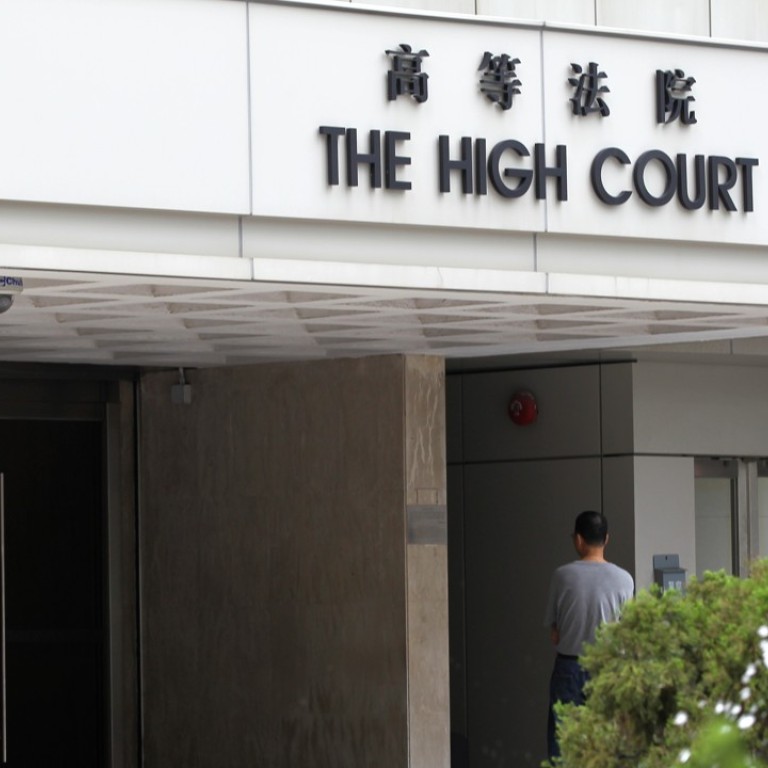
Mainland Chinese student in US cheated of US$27,000 in Hong Kong-linked phone scam
Fraudsters posed as consulate staff, police and prosecutor to get victim to transfer money to bank account in city
A mainland Chinese student in the US was cheated of US$27,000 by fraudsters posing as consulate staff, police and a prosecutor in a phone scam linked to Hong Kong.
Northwestern University undergraduate Chen Tiancheng received the first in a series of scam calls on July 25 when he was still in Illinois, in the United States, a High Court writ made available on Wednesday said.
“The other side claimed to be a staffer at the consulate general of the People’s Republic of China,” the court document stated.
Chen was told he was implicated in a misdeed with a woman who had used his personal details in a fake passport. The man gave him a number to call, saying it was for a police station in Beijing.
Fake Hong Kong diamonds cost me US$200,000 – and my fiancée
The student was further told by someone claiming to be a police officer that he was involved in a money-laundering scandal and had become a wanted person back home. He told Chen not to tell anyone else, as his phone was being monitored, and that the student should call back every three hours, or someone would be sent to the US to arrest him.
Chen gave the scammers his bank account details, the court writ said, and was later referred to yet another man, who claimed to be a prosecutor.
The man told Chen to transfer US$27,000 to an account in Hong Kong to prove that the money inside his bank account did not come from illicit proceeds. The court writ said the Bank of China account belonged to a Huang Tseng-hsuan, whose registered address was a flat in Wong Tai Sin.
Con artists targeting more people with mental disabilities
Chen followed the order, realising he had been scammed only after talking to some friends. He reported the case to the Hong Kong police.
The victim and his mother, Zhu Jie, who is based in Shanghai, are now suing Huang for the loss and to temporarily bar anyone from accessing the money.
“The defendant would at least know that such proceeds came from a fraud,” the writ said, adding that it would be unconscionable for Huang to keep the money.
Chen’s case was the third in the past two weeks where victims based overseas turned to Hong Kong courts to seek redress after money was routed to the city as a result of phone scams.

